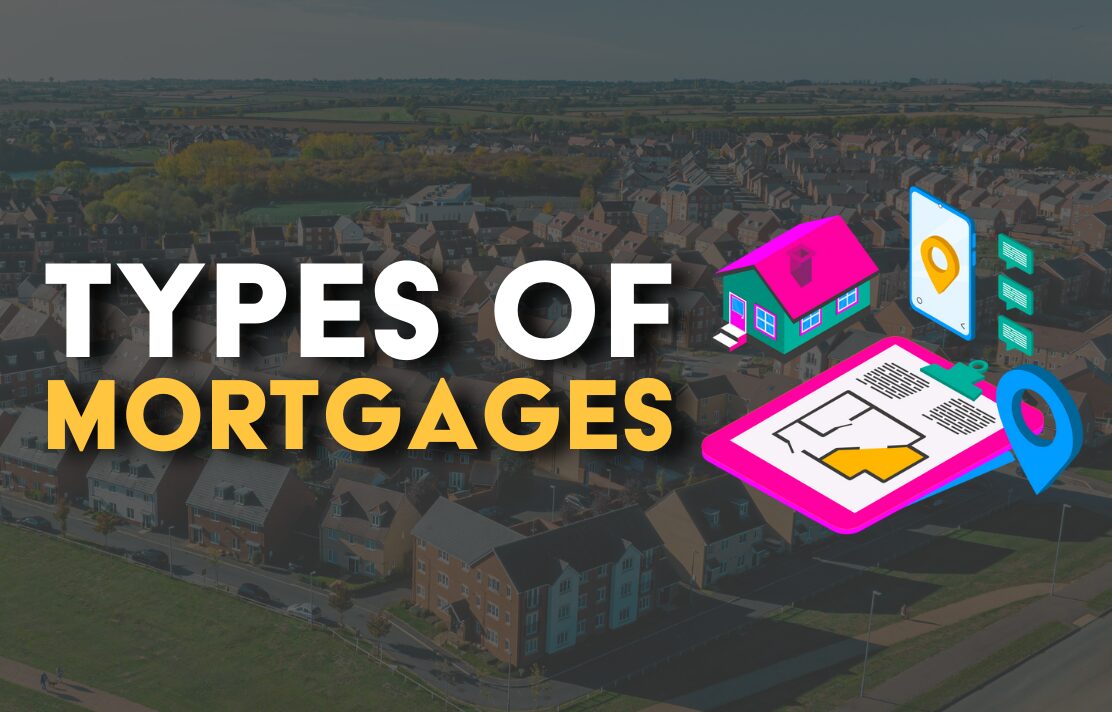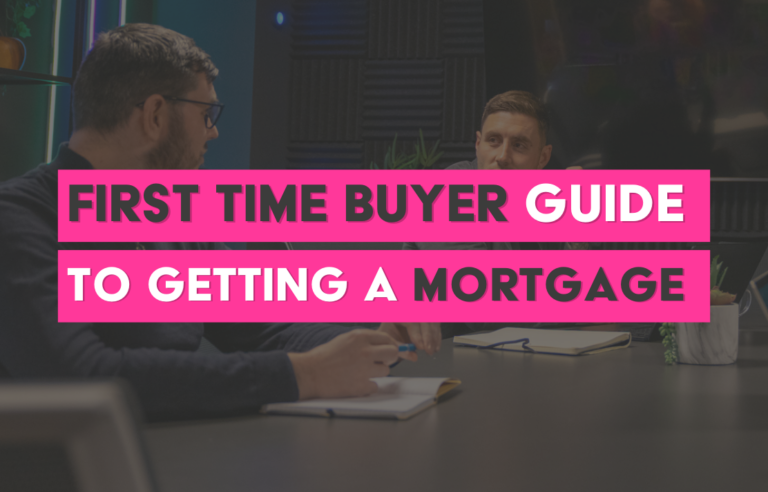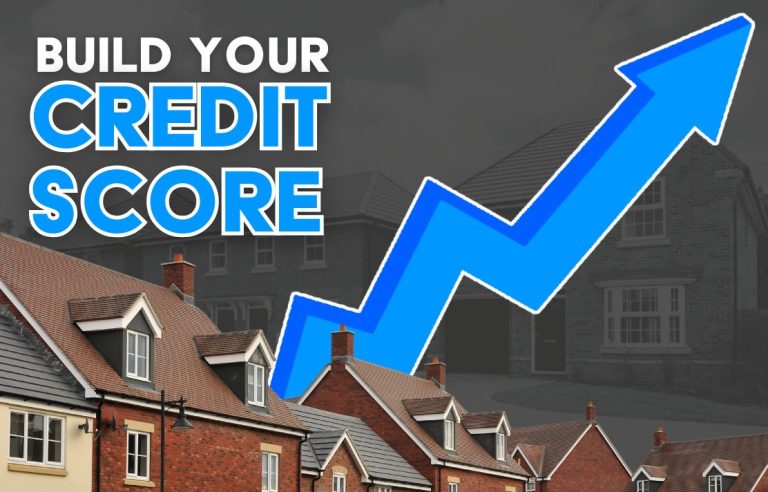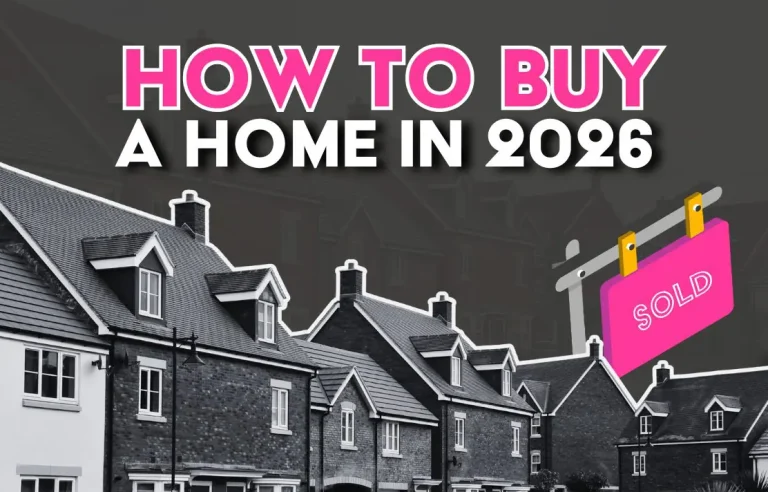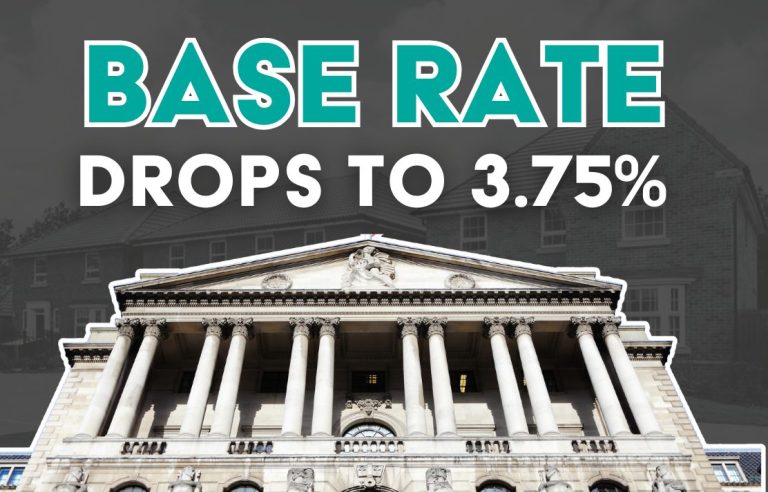The right mortgage for you depends on many factors, including your budget, credit score, life stage, deposit size, the type of property you’re buying and also why you’re buying it.
Evaluating your needs, the terms of different types of mortgages, and the various deals available on the market can be complicated and time-consuming.
That’s why so many people choose to speak to a mortgage specialist for peace of mind they’re making a financially smart decision.
At UKMC, our team of mortgage experts is on hand to offer straightforward, jargon-free advice and guidance to help you identify the most suitable mortgage deal for your circumstances.
For tailored mortgage advice, contact us by calling 01925 573 328.
What are the different types of mortgages available in the UK?
To find the most suitable type of mortgage for you, it’s important to understand the options available.
Fixed-rate mortgages
With a fixed-rate mortgage, the amount of interest you pay is set for a fixed amount of time.
This means your monthly payments will not be affected by changes to the Bank of England’s base rate during that period.
Instead, the interest rate you pay on your loan is locked in when you take out the mortgage, typically for a set term of two, three, or five years.
This type of mortgage can protect you from sudden changes in interest rates and unpredictable market fluctuations, making budgeting much simpler and avoiding nasty surprises.
Many people appreciate the stability and predictability offered by fixed-rate mortgages.
One of the most important things to consider when deciding whether a fixed-rate mortgage is right for you is current interest rates and market conditions.
If interest rates are high, you’ll be locked in at this high rate and won’t benefit if interest rates fall during your mortgage term.
However, if interest rates are low and expected to rise soon, then it could be a good time to lock into a fixed-rate mortgage to keep your monthly costs low and affordable.
It’s also important to note that if you want to leave a fixed-rate deal before the end of the term, you’ll usually be required to pay an early repayment charge (ERC).
Best for: Fixed-rate mortgages are best suited to those who prioritise stability and predictability in their monthly mortgage payments and want to avoid the risk of rising interest rates.
Variable rate mortgages
The interest rate on a variable-rate mortgage can change at any time depending on the Bank of England’s base rate and other economic factors.
There are different types of variable-rate mortgages available, each of which works slightly differently.
- Standard variable rate (SVR): The lender’s standard variable rate is usually higher than other variable rates offered. It’s not directly tied to the Bank of England’s base rate or any other factors, and the lender can change it at their discretion.
- Tracker: This type of mortgage tracks a specific interest rate, usually the Bank of England’s rate, plus a fixed percentage. The rate will rise and fall alongside the rate it is tracking. Tracker rates are often more affordable than the SVR but have the potential to rise significantly if the rate that they’re tracking spikes.
- Capped: With a capped variable mortgage, the interest rate can rise and fall, but there is a cap on how high it can go. This offers protection against large rate increases, but the starting rate is often higher than uncapped options.
- Collared: Collared rate mortgages have both a cap on the rate’s upper limit and a collar on the rate’s minimum limit. The mortgage rate can fluctuate between these two limits, protecting you from spikes but also meaning you won’t benefit if the base rate drops below the collar.
Best for: Variable rate mortgages are best for people who are comfortable with managing fluctuating monthly payments. They can be a good option during times when interest rates are expected to remain stable or fall in the near future.
What repayment options do I have?
Repayment vs. interest-only
Most types of mortgages in the UK are categorised as either repayment mortgages or interest-only mortgages.
Your standard homeowner’s mortgage is a repayment mortgage.
This means that your mortgage payments include repayments on the amount you’ve borrowed as well as interest on the loan.
The aim is to pay back the loan, and interest, over a fixed term agreed to own the property outright.
If you have an interest-only mortgage, then you’re only required to pay the interest on the loan each month.
Instead of repaying the capital you’ve borrowed in instalments, you pay it back at the end of the mortgage period.
Interest-only mortgages are a popular choice when buying-to-let, and their main advantage that is the monthly payments are low – because you’re only required to pay back the interest on the loan – helping to increase cash flow and free up money for other expenses or investments.
You can only be offered an interest-only mortgage if you demonstrate to a lender that you’ll have the means to pay off the debt at the end of the agreed mortgage period.
This could be achieved using an investment, inheritance, trust funds, or by selling another property.
What specialist mortgage options are there?
Self-employed mortgages
If you’re self-employed, getting a mortgage can be more challenging.
Self-employed people can apply for regular mortgages, the same as anyone else, but they are required to provide more extensive evidence of their income.
Usually, that includes providing two to three years’ worth of accounts to demonstrate your earnings, future earnings, and taxes.
This thorough approach ensures that self-employed people are not approved for mortgages that they cannot reasonably afford.
Green mortgages
Green mortgages are designed to incentivise buyers to buy energy-efficient properties.
They may have lower interest rates and preferential mortgage terms, or offer a financial reward like cashback to those buying properties that incorporate approved eco-friendly practices or have an EPC rating of A or B.
Opting for a green mortgage could help you to reduce your monthly payments and reduce your overall borrowing costs.
Buying a green property also helps to futureproof your purchase, reduce energy bills, and lower your carbon footprint.
On the downside, green mortgages are only available on homes that meet strict eligibility restrictions, limiting their availability.
Energy-efficient properties are also in high demand and often require a significant upfront investment.
First-time buyer mortgages
Mortgages for first-time buyers are exactly as they sound!
They’re designed specifically for people who are buying their first house.
Usually, to be eligible for a first-time buyer mortgage, you must have never owned a property before and be buying a property to live in as your main residence.
If you are buying your first home, a first-time buyer mortgage can make it easier for you to enter the property market by offering favourable mortgage terms and a lower deposit.
However, it’s worth bearing in mind that the smaller your deposit, the higher interest rates tend to be, and the longer it could take to pay it off, potentially increasing your overall cost of borrowing.
Bad credit mortgages
Bad credit mortgages are designed to help people with poor credit scores to get onto the property ladder.
All lenders perform a credit check before handing out a mortgage.
If your score is poor, the lender may not offer you a mortgage because of concerns about whether you will be able to repay the loan.
Bad credit mortgages are just regular mortgages with stricter terms. Because the lender views you as a higher-risk customer, there may be restrictions on the amount you can borrow, interest rates may be higher, or you may be required to put down a larger deposit.
Although the terms of a bad credit mortgage may be less favourable than a standard mortgage, they are still beneficial to people with a poor credit rating because they provide an opportunity to secure a home, rebuild credit history through consistent payments, and demonstrate financial reliability.
Buy-to-let mortgages
If you want to start making money from property by buying a property to rent out, then you’ll need a buy-to-let mortgage.
The amount you can borrow with a buy-to-let mortgage usually depends on how much rental income you expect to earn. Usually, the deposit for a buy-to-let mortgage is higher than it is for a standard mortgage.
A buy-to-let mortgage can help you gain a valuable long-term investment and start earning rental income to increase your cash flow.
Many buy-to-let mortgages are interest-only, helping to keep your monthly payments low.
However, buy-to-let mortgages usually require a larger initial outlay than your standard mortgage, and you’ll need to meet stricter eligibility requirements to access one.
Lifetime mortgage
A lifetime mortgage is a lending option for those looking for a loan later in life.
It’s a loan that is secured against the value of your home, enabling you to release equity from it.
You can usually borrow between £10,000 and £100,000 tax-free using a lifetime mortgage. The amount borrowed does not need to be repaid until you either die or move into long-term care.
Usually, the loan is then paid off by selling the house.
People take out lifetime mortgages for a variety of reasons, including paying off another mortgage, making home improvements, gifting money to family, or helping a child or grandchild get on the property ladder.
Lifetime mortgages offer quick access to tax-free cash.
It’s also important to bear in mind that although you don’t need to make monthly repayments on a lifetime mortgage, if you choose not to, the interest on the loan will accumulate over time.
To be eligible to receive a lifetime mortgage, you must be aged 55 or older.
This type of mortgage is particularly beneficial for retirees seeking financial flexibility and additional funds in later life.
Get straightforward mortgage advice tailored to you
If you’re unsure which type of mortgage is right for you, get in touch with our team of mortgage advisors here at UKMC.
With the right support and guidance, buying property needn’t be stressful or confusing.
Whether you want to buy your first home or you’re ready to become a landlord and start earning rental income from your first buy-to-let, our team can help you identify the most suitable type of mortgage and deal for your circumstances.
We’re a straight-talking bunch, and we promise we won’t baffle you with jargon. We search through thousands of mortgage deals so you don’t have to, saving you both time and money!
Ready to learn more?
Let’s chat – call us on 01925 573 328 or fill out a contact form online, and we’ll get back to you soon.
Disclaimer
UK Mortgage Centre Limited is an Appointed Representative of Refresh Mortgage Network Limited.
Refresh Mortgage Network Limited is authorised and regulated by the Financial Conduct Authority. We are entered on the Financial Services Register under firm number 1019794.
As a mortgage is secured against your home, it could be repossessed if you do not keep up the mortgage repayments. The Financial Conduct Authority does not regulate some forms of buy-to-let mortgages.
The Financial Conduct Authority does not regulate will writing and taxation and trust advice.
You may be charged a fee for your advice. A typical fee is £495, which would be payable when you receive your mortgage offer. Your dedicated advisor will discuss this further on your free initial phone call.
Registered company number: 15825320

